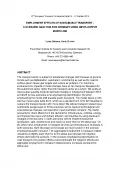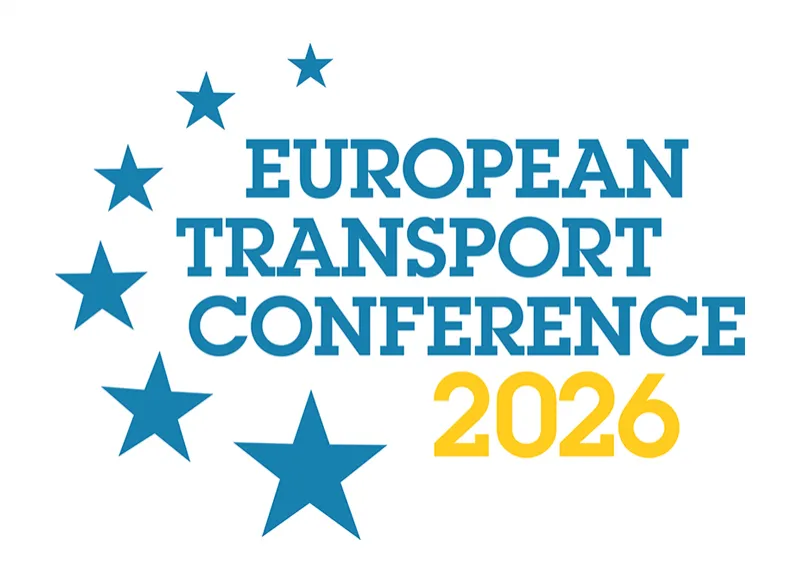-
Past ETC Papers

Browse, search and view papers from the past AET Conferences.
-
Members' Area

AET promotes networking and exchange of ideas, information and opportunities amongst members.
Conference Papers 2019
Dublin, Ireland
ETC Conference Papers 2019
Employment effects of sustainable transport - scenario analysis for Germany using input-output modelling
Seminar
Day 3 (11 Oct 2019), Session 10, Understanding Travel Patterns for Routine Journeys, 14:00 - 16:00
Status
Accepted, documents submitted
Submitted by / Abstract owner
Luisa Sievers
Authors
Luisa Sievers (Fraunhofer Institute for Systems and Innovation Research ISI, Karlsruhe, Germany)
Anna Grimm (Fraunhofer Institute for Systems and Innovation Research ISI, Karlsruhe, Germany)
Short abstract
We develop and apply an input-output model to estimate the impact of sustainable mobility on employment in Germany. The model includes technological and organizational change and accounts for direct, indirect and induced effects.
Abstract
The transport sector is subject of substantial changes both because of general trends such as digitalization, automation, and sharing as well as the need to achieve green house gas targets and reduce air pollution. For Germany, socioeconomic impacts of these changes have so far mainly be discussed for the automotive sector rather than the transport sector as a whole. We apply an input-output quantity model to estimate changes in employment between 2015 and 2035 for two scenarios (one emphasizing electrification, the other emphasizing the modal shift towards public transport). The model bases on the German input output table 2014, which we expanded from 72 to 92 industries to capture the transport sector with more detail. We altered transport related input coefficients exogenously to fit the scenarios and to capture technological and organizational changes, and kept other input coefficient constant. The model accounts for direct effects from the demand for infrastructure, vehicles, energy and transport services and indirect effects in all industries by using backward linkages of the economy. In both scenarios vehicle related employment (production, sale, maintenance and repair) is lower than for the status quo. On the other hand, employment in transport services and infrastructure increases in both scenarios. Both decrease and increase are more severe in the scenario emphasizing public transport. The aggregated employment in transport related industries is slightly lower than for to the status quo because the negative effects dominate this scenario. In the scenario emphasizing electrification of road transport, the positive effects overcompensate the negative effects and aggregate employment in transport related sectors increases compared to status quo.
Programme committee
Young Researchers' and Practitioners' Forum
Documents:


Association For
European Transport
Forester House
Doctors Lane
Henley-in-Arden
Warwickshire, UK
B95 5AW
+44 (0) 15 64 793552
VAT number: 710 1866 64
Conference Supporters & Endorsers




Legal Entity
The Association for European Transport is registered as an Association ('vereniging') with the Chamber of Commerce for Haaglanden in The Netherlands under company number 27170096.
Built on Zenario




